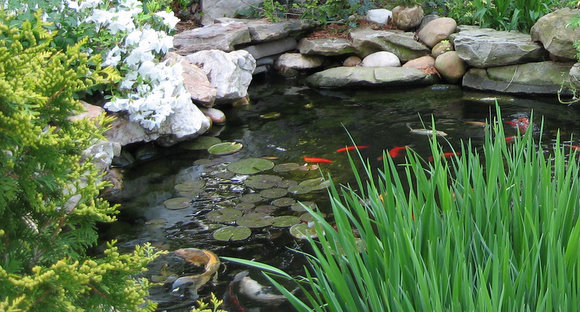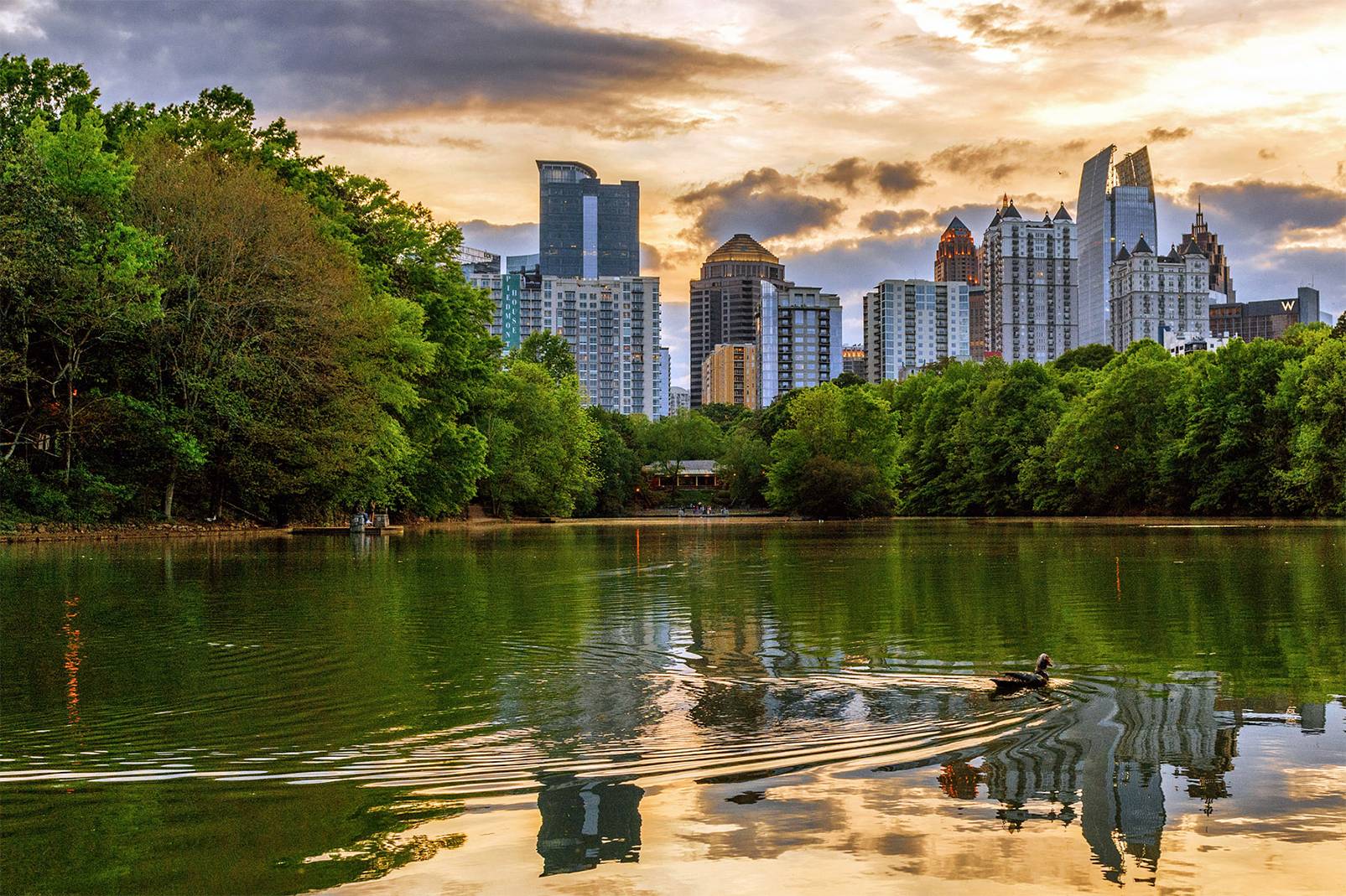
Winter is right around the corner. As the frosty grip of winter approaches, pond owners should prepare their waterbodies for the seasonal changes ahead. A well-maintained pond doesn’t just survive winter; it thrives when spring returns.
In this brief article brought to you by the pond maintenance professionals at Aquatic Restoration, we offer four practical tips to protect your pond’s water quality, plants, and aquatic life during the colder months.
If you’d rather leave your detention or retention pond maintenance to the specialists, then call or message Aquatic Restoration to get in touch with a member of our team. We look forward to winter-proofing your pond.
Before winter sets in, make it a priority to clean your pond of leaves, twigs, and other organic debris. As this material decomposes under ice or in cold water, it releases harmful gases like ammonia and methane which reduce water quality and put fish at risk.
To keep your pond clean, get in the habit of regularly removing floating debris before it sinks. If you have accumulated sludge, consider using a pond vacuum to clean it out. As a preventive measure, stretch a net over the pond to catch leaves before they fall into the water during autumn.

Your pumps, filters, and aerators play different roles depending on your climate and pond’s size. Winterizing this equipment is essential to prevent damage from freezing temperatures. Here are some things to do:
Fish go into a state of dormancy during winter, and their needs change dramatically. You’ll want to help them prepare for the colder temperatures. Here’s how.
For beginners, remove sensitive species. Tropical fish or species not suited to freezing temperatures should be moved to an indoor tank or heated pond setup.
As for the remaining fish, stop feeding as temperatures drop. This is because fish metabolism slows down in colder water; feeding them during this time can lead to undigested food and poor water quality.
Also remember to use an aerator or de-icer to keep part of the pond surface free of ice. This allows harmful gases to escape and ensures oxygen can enter the water.
We can’t forget about the photosynthesizers! Pond plants are an essential part of the ecosystem and require special care to ensure they bounce back in the spring. Some plants may need to be trimmed, relocated, or removed depending on their type. Hardy plants, tropical plants, and floating plants all require unique attention.
By investing in proper pond maintenance in in Lawrenceville, GA, you’re not just helping your pond survive winter; you’re setting the stage for a thriving and beautiful water feature year-round. If you’d rather have a trained specialist take care of the maintenance, then call the experienced professionals at Aquatic Restoration to schedule a consultation or onsite visit for as soon as possible.
Dredging is an integral part of keeping lakes clean, healthy, and sustainable. This…
Lake management is an integral part of keeping your lake in peak condition. It involves activities such as lake…
There are many incredible benefits that come with restoring natural lake depth. Not only does it improve water quality…
When it comes to maintaining healthy water bodies, there are two primary methods that are often used: dredging and pond…
There’s peace of mind in knowing you have a reliable detention pond on your property. These man-made ponds temporarily hold…